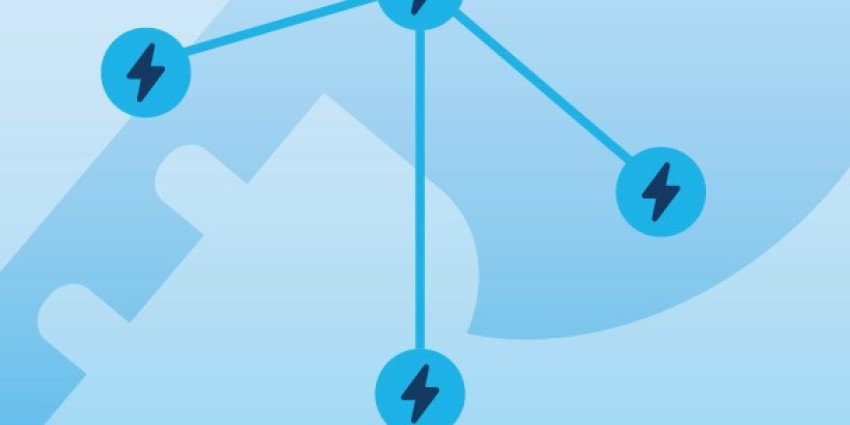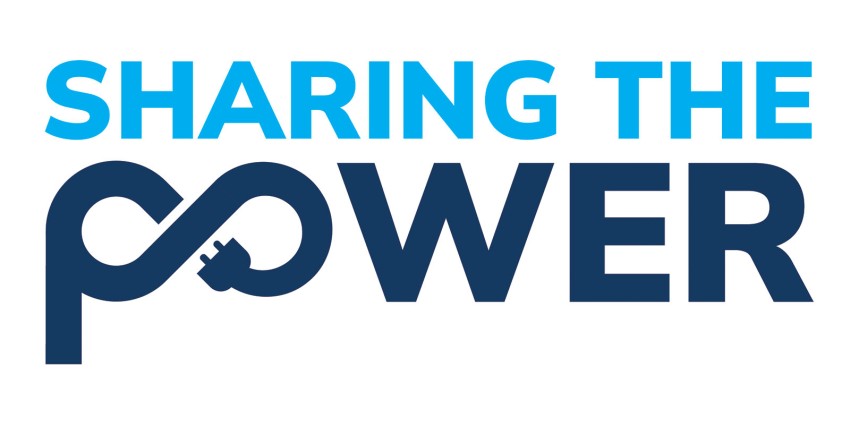- Following consultation, the Cook Government has announced the decision to extend protections to electricity customers in embedded networks and OPSA.
- Consultation on draft Regulations to prescribe these services and the initial version of the AES Code of Practice will happen later this year.
Previously, we used the term Behind the Meter Services to describe solar Power Purchase Agreements and other similar services.
This term has now been changed to On-site Power Supply Arrangements (OPSA) to better reflect the nature of these services. Click here to read more about on-site power supply arrangements.
Why are regulatory changes being considered?
When a customer buys electricity from a licensed retailer they have standard electricity rights. OPSA customers don’t have the same rights.
For example, OPS service customers can’t go to the Energy and Water Ombudsman if they have a problem with their OPS service provider.
The WA Government wants to make sure that, where possible, all electricity customers have the same standard electricity rights.
Frequently Asked Questions
Show moreWhat is the difference between OPSA and the previously used term, ‘Behind the Meter services’?
On-site Power Supply Arrangement captures a wider range of services than how ‘Behind the Meter services’ was defined in 2020. It includes both solar power purchase agreements (where the customer pays for each unit of electricity produced or consumed) and subscription-based services (where the customer pays a regular subscription fee).
In 2020, Energy Policy WA set up a working group of stakeholders to help develop the Draft Behind-the-Meter (BTM) Code.
The term ‘Behind the Meter services’ did not describe the nature of the particular services under consideration.
How are the draft OPSA Code and the draft BTM Code different?
The two codes are very similar, but the OPSA code has some new obligations, for example:
- Outlining the OPS service provider’s responsibilities for any third-party contractors or marketing agent that they engage.
- Special rules about how OPS service providers must support customers experiencing financial hardship or Family Violence (residential customers only).
- Outlining that the OPS service provider must record when their customer or anyone at the premises needs life support equipment and how this will affect interruption and disconnection processes.
- The OPS service provider has to disclose up-front (before the contract is signed) when the customer needs to or can purchase the OPS System and at what cost (which may be in the form of a depreciated schedule).
There are other smaller changes to the electricity rights that were in the draft BTM Code. It is best to view the OPSA Code as a standalone document independent of what has been before. Please review and provide feedback on the Draft OPSA Code here.






